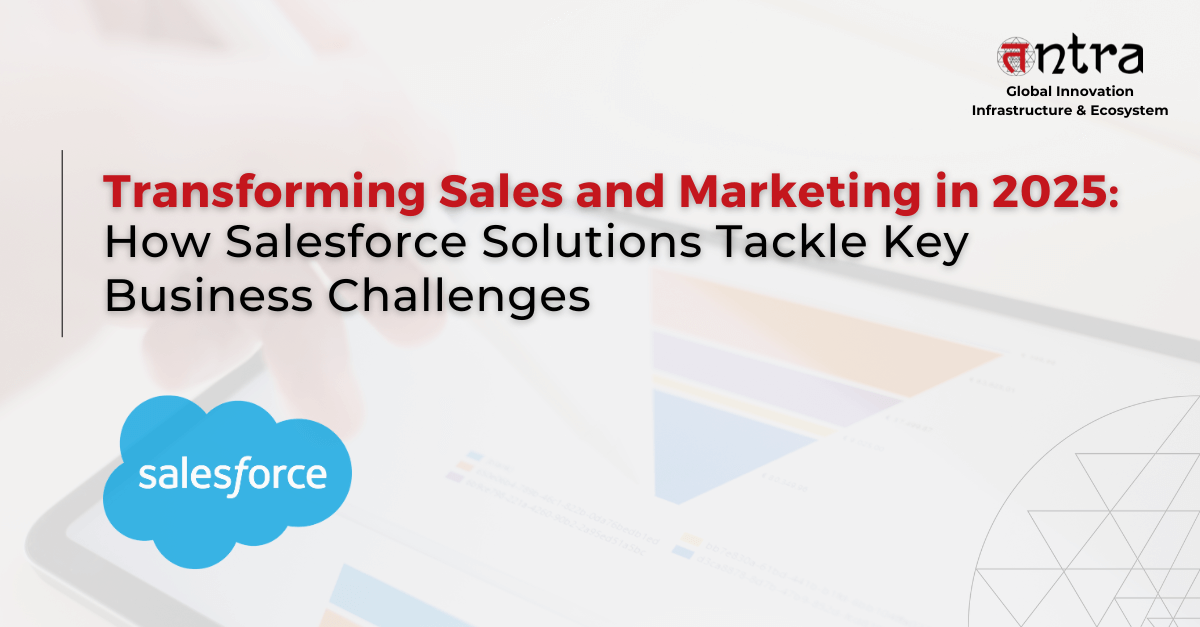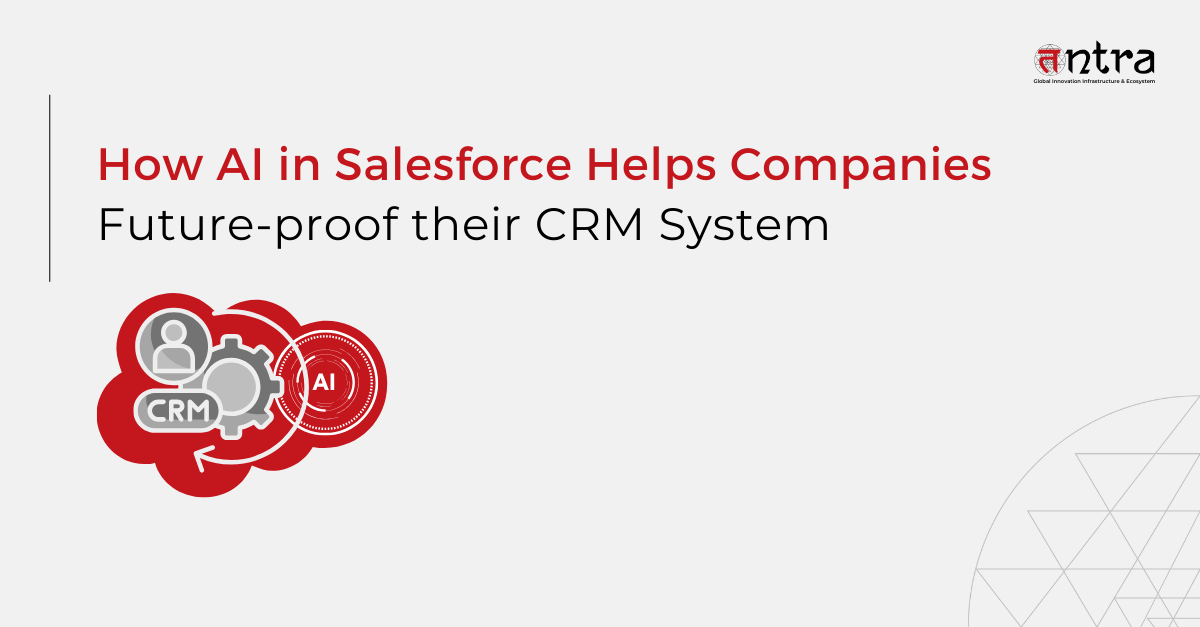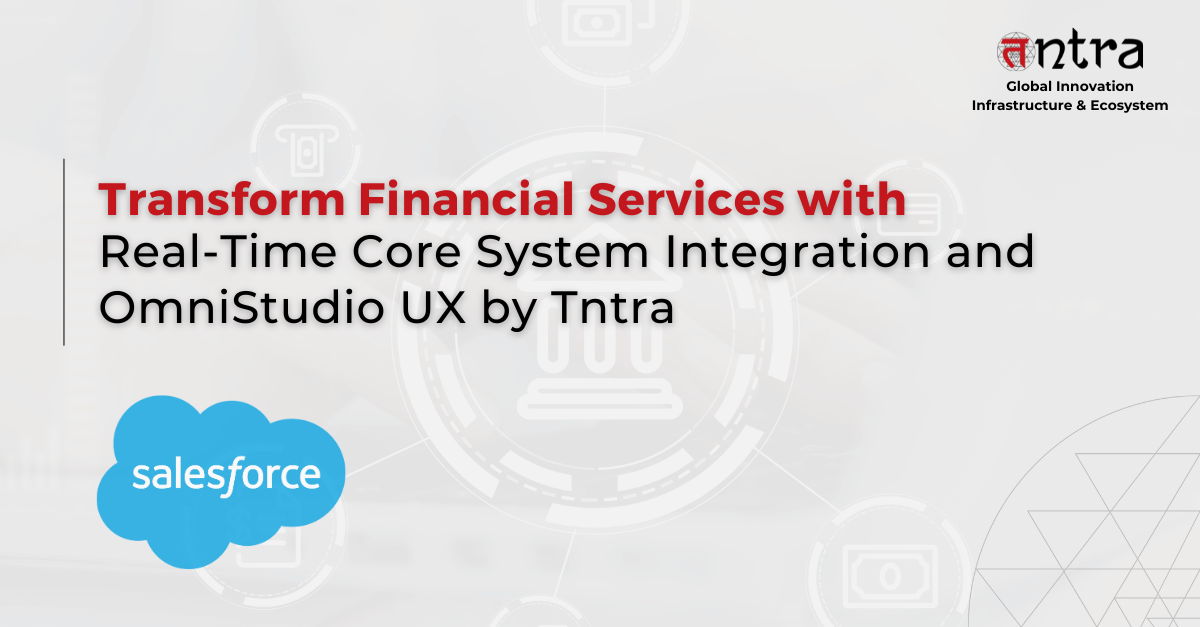
Transforming Sales and Marketing in 2025: How Salesforce Solutions Tackle Key Business Challenges
It’s 2025, and the future of sales and marketing is accelerated innovation, intelligent tools, and genuine relations with customers. Right at the core of this transformation is Salesforce – a collection of solutions that integrates sales and marketing teams, provides personalization for customer engagement at scale, and bases smarter decisions on data. As it arms them with both solving the current issues and preparing for further opportunities, Salesforce puts front and center in its offering automation, real collaboration in real-time, and placing a customer-centric approach first. Continue reading to learn more.
Many might find the current pace of business overwhelming and highly unpredictable. In the arena of sales or marketing, one has to keep up with new developments. With higher customer expectations, intensively increasing competition, and constant evolution of technology, it’s easy to feel like you are left behind. But there is a good thing: these challenges will look like opportunities with the right tools in 2025.
One of the leading tools is Salesforce, with its complete packages of solutions wherein you can manage leads, analyze customer behavior, and analyze mountains of data. It is here to make businesses better, quicker, and smarter. So let’s peel away the layers of how it’s reshaping sales and marketing. Here’s how Salesforce software product engineering services might equip you to face some of your most difficult challenges ahead.
- Bridging the Gap Between Sales and Marketing
- For years, businesses have perceived sales and marketing as two separate functions: marketing brings in the leads and the sales teams close the deals. In reality, these teams will need to collaborate. The divide often results in missed opportunities, miscommunication, and inefficiencies.
- Salesforce has worked very hard to bridge this gap. And its tools such as Sales Cloud and Marketing Cloud that now bind the sales and marketing teams together. For example, through the Marketing Cloud, marketing teams have never before been able to track leads into highly personalized campaigns, and then into 360-degree insight for the selling of those leads on Sales Cloud. This ensures that when a lead is handed off to sales, they have all the context they need to close the deal faster. Salesforce Financial Services Cloud (FSC) also plays a vital role in bridging the gap for financial institutions, offering specialized solutions for banking operations with FSC.
- In 2025, businesses will continue to adopt these integrated platforms as a source of greater team collaboration, better alignment of goals, and lesser friction in the customer journey. This would mean a seamless experience for both the customer and employee.
- The Push for Personalization at Scale
- Whereas personalization was important in marketing, all the noise of today’s marketplace has raised personalization from a nice-to-have luxury to a need-to-have. It has actually become necessary, and customers expect that experience with each touchpoint: via an email, through social media interaction, and even sales pitching.
- Salesforce’s Einstein AI is at the forefront of these efforts. It uses machine learning and analytics to enable the business to have a deep understanding of each customer. Everything from the customers’ buying habits to predictive modeling of future behaviors are all in the toolbox to help the sales and marketing organizations deliver very focused, highly targeted messages.
- By 2025, personalization will be at stake. Those days of generic email blasts or “one-size-fits-all” offers are over. It’s going to be about creating experiences for me, and Salesforce is going to keep being integral in making that happen-easy, sans overwhelming complexity.
- Data-Driven Decision Making
- Data is the backbone of modern business, but certainly not all data is created equal. For many businesses, it remains fragmented among several systems from which it becomes difficult to create meaningful insights. Sales and marketing teams depend on having access to clean and actionable data at the right time to make informed decisions.
- Salesforce consulting services solved this problem through Salesforce Data Cloud and Tableau. These tools help businesses unify their data into one single platform and make sense out of it through AI and advanced analytics. With Salesforce, teams can transform raw data into insights to drive decisions across every stage of the customer journey-from lead generation through post-purchase engagement.
- Salesforce Solutions for Financial Services include industry vertical solutions. With Salesforce for financial institutions, teams can use data insights and predictive analytics to enhance banking operations and improve relationships with clients. Salesforce Financial Services Cloud features for banks have automated workflows, customer insights, and more to help banks and financial services run more smoothly and deliver a more personalized customer experience.
- In 2025, Salesforce will be relied upon for optimizing business operations and techniques. Be it tweaking the marketing campaigns in real time or predicting the trend of sales, data shall be the pivot for every movement. Companies that can tap meaningful insights from the database definitely stand to gain a huge advantage in the long run.
- Keeping Up with Customer Expectations
- Customers of today expect so much more, their expectations spiraling upward. Responses are needed instantly; conversations must be personal; and all experiences need to be intuitive, seamless, and continuous. It’s the job of sales and marketing teams to take that pressure head-on.
- This is where Salesforce’s Service Cloud and Salesforce Chatbots come in – to help a business manage customer service at scale and enable instant responses in real time. Be it answering simple questions or detailed troubleshooting, AI-powered chatbots make sure whatever the customer needs, he gets on time. For sales teams, these tools make sure each interaction is seamless, timely, and relevant.
- Longer response time or generic solutions will no longer be faced by customers in 2025. Every business must become agile, proactive, and closely integrated with customers, and Salesforce development services provides this infrastructure. The result will be stronger customer relationships and a more efficient sales cycle.
- Automating Mundane Tasks to Free Up Creativity
- Sales and marketing teams are always burdened with repetitive tasks, such as data entry, lead management, and follow-up emails, which are essential yet surely time-consuming and redundant. Automation is, therefore, the answer, and in this respect, Salesforce is at the front.
- With Salesforce Flow and Pardot, businesses can automate a wide range of tasks—like lead assignment, nurturing workflows, and even the creation of custom reports. By automating the routine, teams can focus more on strategic and creative tasks that truly add value, such as crafting compelling campaigns or building deeper relationships with customers. For financial institutions, implementing Salesforce FSC for banks ensures improved customer engagement, while streamlining complex tasks.
- By 2025, automation will be a regular business process for most organizations. AI combined with machine learning will make routine tasks not just automated but smarter, capable of learning from past behaviors for future improvements.
- Improve Remote Work and Collaboration
- As working from home becomes increasingly common, smooth communication and collaboration over teams are more critical than ever. Sales and marketing teams need tools that can facilitate collaboration from anywhere at any time.
- SalesForce has been a pioneer in being cloud-based for a long time. It allows teams to work together as though they are in the same room. Salesforce financial services cloud solutions has put in place a Mobile AppChatter to collect every essential piece of data, contact сolleagues, and view performance metrics independently, leaving their territory free.
- Look to 2025, and Salesforce will continue to innovate in this space to ensure working remotely feels just as effective as working in the office. Whether it’s using collaboration features to virtually brainstorm or track campaign performance across regions, Salesforce financial services cloud consultant is helping businesses stay connected in an increasingly distributed world.
- Driving Customer Loyalty and Retention
- While winning new customers is important, it is in retaining old customers that the real value actually lies. Loyal customers are found spending more, referring others, and offering valuable feedback for improvement.
- Salesforce Customer 360 gives every company a single source of truth-one unified view of every customer interaction. Marketing can send the right offers and messages, sales can find the upsell opportunities that matter, and businesses can build lifelong loyalty with each customer.
- Customer retention will be equally important as customer acquisition in 2025. With Salesforce at the helm, businesses attract new customers and retain them, coming back for more.
Final Thoughts
It is to be expected that by 2025, business challenges will continue to evolve along with the sales and marketing teams. However, Salesforce financial services cloud consultant will take businesses to the new frontier equipped with everything they require to stay ahead. From improved collaboration across teams, automating the most routine workflow tasks, Salesforce empowers organizations to thrive in the complex environment through hyper-personal experiences.
Agility, intelligence, and customer-centricity are the keywords of the future of sales and marketing. Apply tomorrow’s solutions from Salesforce financial services cloud services today; contact Tntra, a leading software product engineering company, for a complete suite of Salesforce solutions!
Contact us now.
1. What is Salesforce Financial Services Cloud?
Salesforce Financial Services Cloud (FSC) is a version of Salesforce that has been customized for financial institutions that have different requirements. It provides customer-centric capabilities that enables organizations to manage their relationships, optimize operations and personalize services across banking, insurance, wealth management and many more.
2. How does Salesforce FSC help banks?
As banks and other financial institutions strive to give each customer a 360-degree view, FSC helps them engage better and serve effectively. It consolidates valuable information, automates repetitive processes, and enables bankers to provide proactive recommendations grounded in real-time data.
3. Why should banks use Salesforce Financial Services Cloud?
For banks, FSC enhances collaboration among cross-functional teams, nurtures deeper customer relationships, and increases operational efficiency. This enables banks to provide more tailored and timely services that meet customer needs and preferences, helping to reduce churn.
4. What are the features of FSC for banking operations?
Key features include relational mapping, intelligent needs analysis, and automated workflows — all of which simplify tracking of customer portfolios and lead management, while also making it easier to provide financial advice. Banking regulations demand secure data sharing, and FSC provides integrated compliance tools that are in line with these requirements.
5. How does FSC improve customer relationships in banking?
By having a comprehensive customer profile and interaction history all in one place, bankers can anticipate needs and customize their services accordingly. By providing personalized content, real-time insights, and automated follow-ups, we work towards building trust and long-term bonds.





